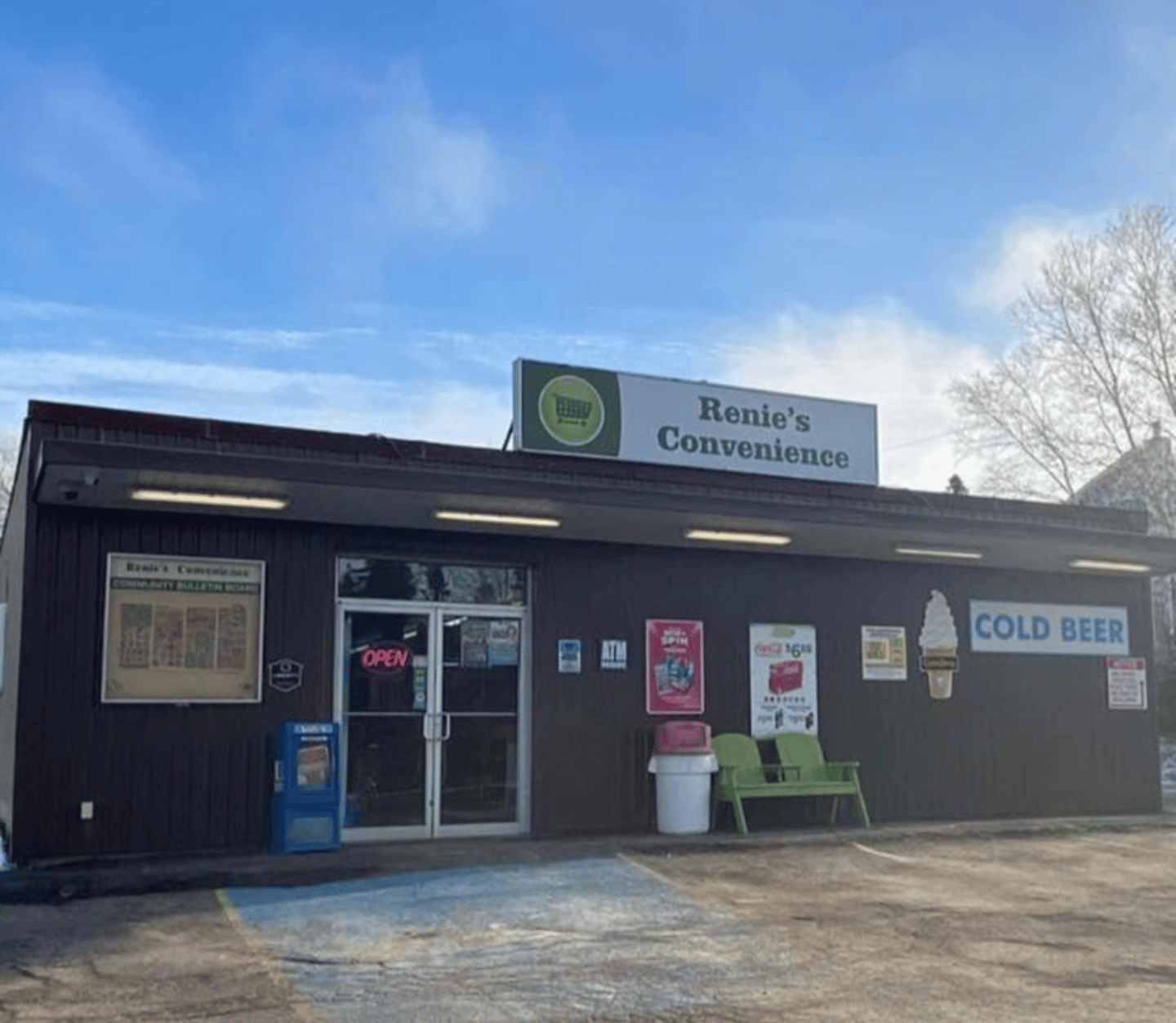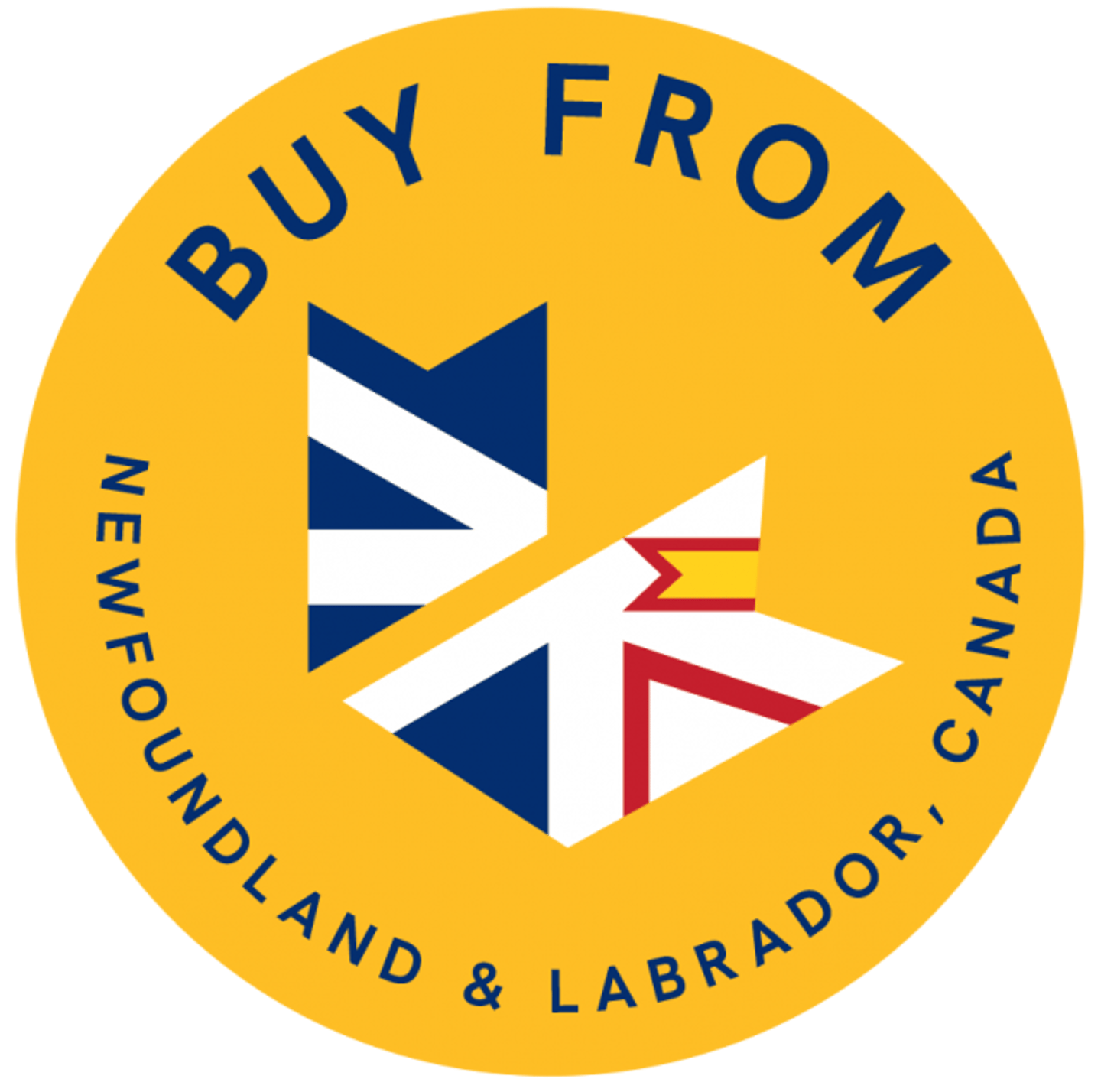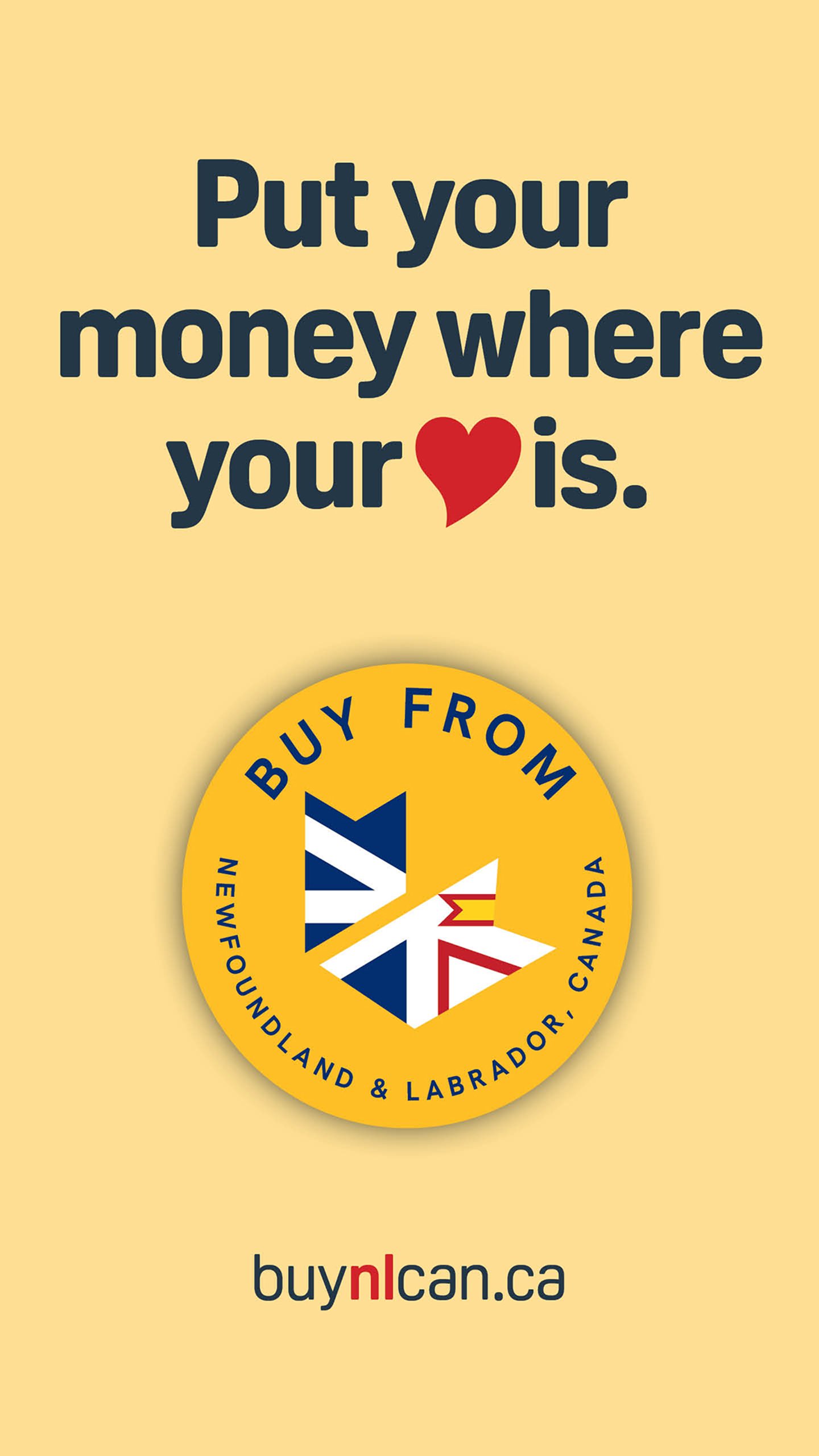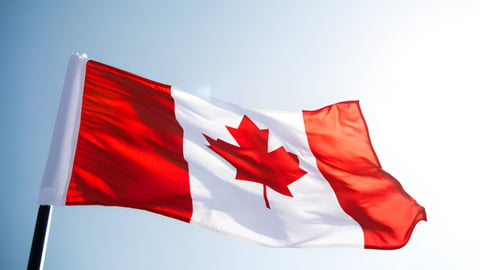Owners of Renie’s Convenience put local pride on display
A day before U.S. President Donald Trump’s 25% tariff on Canadian goods was set to take effect, Renie’s Convenience in Newfoundland received an email from the Newfoundland Labrador Liquor Corporation (NLC) instructing them to remove all U.S. beverage alcohol from their store shelves.
“We looked at the back of all the bottles and wheeled anything that was made in the U.S. to the back room,” says Verina “Renie” Mercer, owner of Renie’s Convenience, which is located along the Trans-Canada Highway in Appleton. Then came the late-breaking 30-day reprieve and another email directive from the NLC. “They said, ‘Now you got to put it back on shelves.’ And so, we wheeled it all back.”
But that doesn’t mean the U.S. booze is selling—at least not at the levels it had been before the tariff threat.
“People don’t want to buy American right now,” says Mercer. “It’s moving a lot slower because they’re wanting to buy something that supports Canada. Everyone is also waiting to see what will happen when those 30 days are up.”
Renie’s Convenience has been selling beer since December 2022, when Mercer and her husband purchased the storefront after it had been sitting vacant for almost three years. The location holds special meaning for Mercer, who was born and raised in the nearby town of Glenwood and frequently visited the Appleton store as a child with her parents.
With the success they had with beer, in June 2024, Renie’s Convenience became a Liquor Express store, adding wine, RTD beverages and hard liquor to its product offering. It devotes about 700 sq. ft. to the category now.
In an effort to support local and national products and direct customers toward homegrown options, the store printed small Canadian flags and placed them on every verified Canadian-made product. “We were surprised how much product was actually made somewhere else,” she says. “It was eye-opening.”
In addition to other categories like confectionary, staff put the flags on beverage alcohol produced in the province, too, like St. John’s-based Quidi Vidi Brewing Company, as well as brands brewed and bottled in Canada by Molson and Labatt. However, their NLC rep requested that they be removed. “He asked us to wait until word comes back on how they’re going to move forward,” says Mercer.
Earlier this month, Newfoundland and Labrador Premier Andrew Furey announced a “Buy Local” campaign featuring posters with the headline, “Put your money where your heart is,” and a “Buy from NL” logo. The logo is a stylized maple leaf that reveals the Newfoundland and Labrador flag. The bright yellow background is inspired by the gold in the flag, helping the logo stand out on products and in-store placements. A microsite was also launched with resources for retailers, including downloadable logo files, design material and brand guide.
The NLC will be supporting and participating in the provincial government’s “Buy Local” campaign. “The rollout will include our Liquor Express locations, with a plan to be in both corporate Liquor Stores and Liquor Express locations in March,” says Tara Haley, manager, corporate responsibility and comms at NLC. “Further details will be communicated directly to local retailers.”
Newfoundland and Labrador currently has 141 Liquor Express locations, with 75% of them operating within a c-store model.
Whether or not retailers decide to identify Canadian products on shelves, Mike Hammoud, VP, Atlantic Canada for the Convenience Industry Council of Canada, cautions that it isn’t as clear-cut as it might seem. “A brand might be American, but have a Canadian office with Canadian employees and the product made primarily from Canadian ingredients,” he says.
For instance, Lay’s is an American brand, but has a plant in Kentville, Nova Scotia that produces the potato chip product for Atlantic Canada. The plant also sources its potatoes from Nova Scotia and P.E.I. “If consumers were to boycott Lay’s, that would cost jobs at the plant and hurt farmers in P.E.I. growing the potatoes,” points out Hammoud.
READ: United we win, divided we fall
There are other grey areas. Take Heinz ketchup, for example—while most bottles are produced in Canada, Kraft Heinz occasionally imports ketchup from the U.S. to meet “unanticipated increases in consumer demand.” In other words, while most bottles are labelled “Prepared in Canada,” others are the “Product of USA.”
“There’s a lot of confusion and tension right now, and if the tariffs move forward in March, we’ll probably see a lot more campaigns about supporting local,” says Hammoud. “We’ll also start to see pressure around eliminating tariffs between provinces, allowing for easier flow of products, including beverage alcohol.”
That, he says, would be a welcome development for the c-store sector amid all the trade chaos.
Mercer, meanwhile, says Canadians must rally around each other during this critical moment. “Canada has supported the U.S. many times, and I thought as much as anybody that we were friends,” says the entrepreneur, who welcomed passengers stranded in Newfoundland on 9/11 into her home. “But we Canadians are family to each other, and nobody has your back more than family. We stick together when times get tough.”







